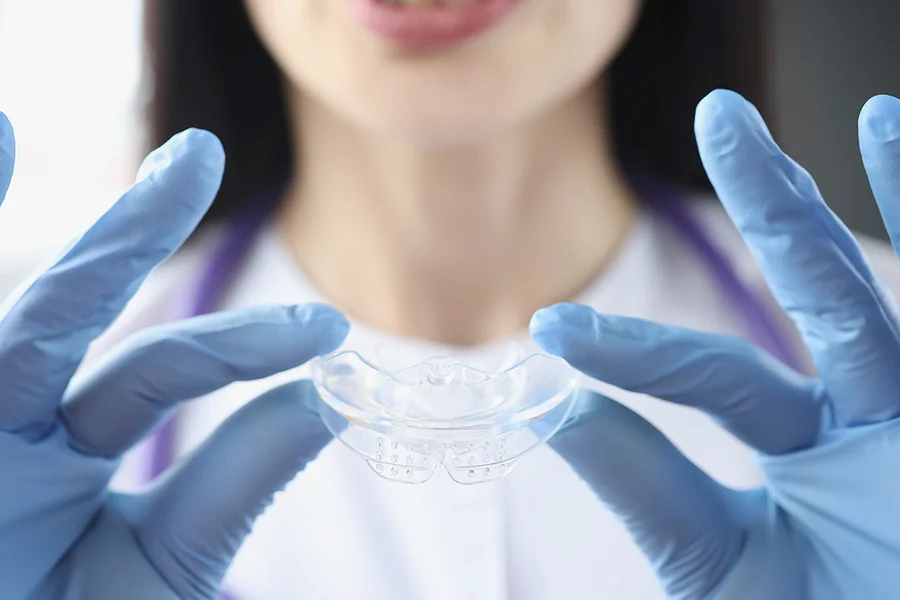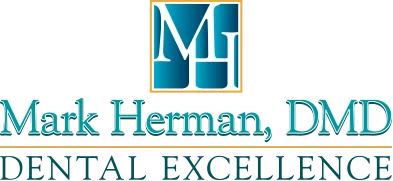
While the full root cause of bruxism, or habitual teeth grinding, isn’t fully understood, there are several factors that can contribute to this behavior. Below is a list of some of the most common causes & some ideas to try to remove these potential causes.
Stress
Stress can be a major contributing factor to bruxism. Fortunately, there are a number of methods to try to relieve stress.
One of the best ways to combat stress that leads to muscle tension is exercise. Exercising your whole body is a great way to loosen your muscles & get rid of built-up tension. Proper stretching & maintaining an elevated heart rate for a sustained period of time are a couple helpful things to keep in mind when forming your workout. The workout doesn’t need to focus on your jaw area, either. Getting a good workout for various muscle groups will help reduce pent-up energy & help clear your mind. Plus, working out increases production of endorphins, hormones that help you stay positive.
Weather
Many of us experience cold weather for at least part of the year & almost none of us are unfamiliar with shivering & chattering our teeth. Chattering is a reaction to the cold your body involuntarily makes to help warm your body; the fast motion provides a buildup of body heat. However, we can usually consciously put an end to chattering with a little effort. Staying properly layered when out, as well as having sufficient covers at night, can be good methods for keeping this reaction at bay. Prolonged chattering, especially when done while sleeping, can lead to erosion of the enamel.
When to See Your Dentist
Ultimately, there are many factors that may lead to bruxism & dental science has not yet pinpointed the exact causes. In many cases, bruxism happens only while we are sleeping, & can be hard for even the patient to identify. So if you feel like your teeth are becoming more sensitive or are experiencing jaw pain you cannot attribute to anything, it’s a good idea to visit the dentist. They can make specially fitted night guards to protect your teeth while you sleep. They can also recommend therapy to help relax tense muscles & make other helpful suggestions. Don’t delay getting yourself checked for bruxism, because your enamel never grows back. Fortunately, many exams are covered by insurance or provided at a low cost by your dentist, so there’s no reason to wait!
